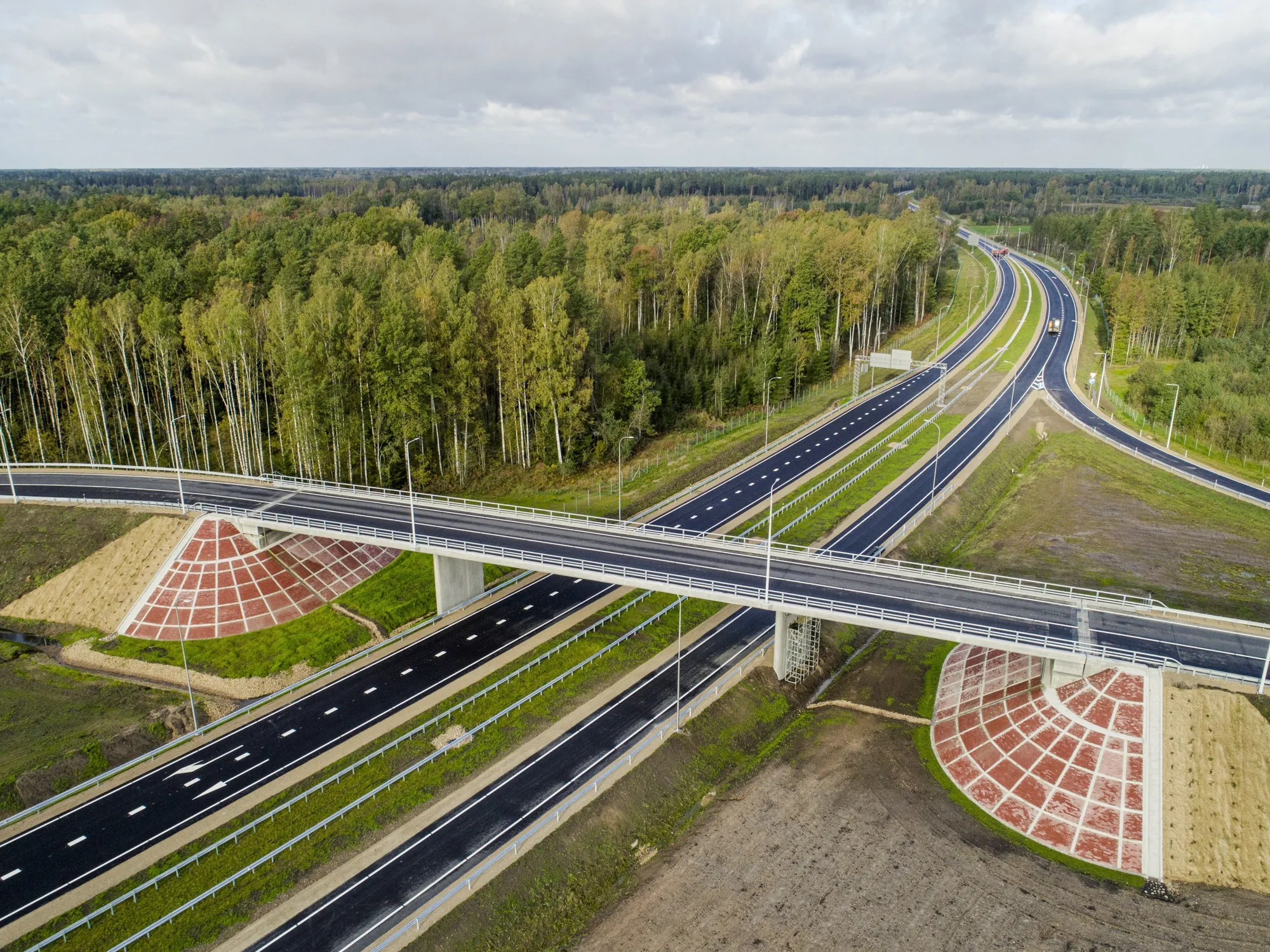
The Ķekava Bypass - Latvia's first "high-speed road" - opened in October and with it a traffic management system from Kapsch TrafficCom started operation.
The bypass is providing an efficient alternative for motorists travelling between the Latvian capital Riga, on the Baltic Sea, and neighbouring Lithuania to the south. Traffic in the small town of Ķekava is now being reduced.
Meanwhile, Kapsch TrafficCom's cameras, sensors and radar systems, as well as a modern and flexible traffic management software platform are contributing significantly to safety and sustainability along the bypass.
"The Ķekava project is not only a milestone for road PPPs [public-private partnerships] and traffic in Latvia, but a testament to the positive influence of state-of-the-art technology on road safety," said Marko Frank, mobility expert and regional sales director at Kapsch TrafficCom.
The nearly 18km-long bypass is part of the A7 Bauska Highway, one of Latvia’s busiest roads with an average daily traffic volume of 17,000 vehicles and up to more than 25,000 at peak periods. The bypass is also designated part of pan-European TEN-T network called route E67 - the Via Baltica (Helsinki – Tallinn–Riga–Panevežys–Kaunas–Warsaw–Prague).
Construction of the €250 million bypass started in 2021 on what is the first highway in Latvia designated a high-speed road; pedestrians, cyclists and slow-moving agricultural vehicles are prohibited. However, pedestrians and cyclists are allowed on the parallel roads.
Juris Frīdmanis, general manager of the private partner consortium Kekava ABT, said he was confident that Kapsch TrafficCom technologies will ensure safe and efficient operation of the Ķekava Bypass for the next 20 years.
It is monitored 24 hours per day thanks to more than 20 video surveillance cameras, two weather stations, traffic counting sensors, as well as data system analysing the traffic flow. Maximum driving speed on the bypass during the summer has been set at 120kmph but reduced to 90kph during winter - October 16 to April 15.
According to the client, the state-owned road management agency Latvian State Roads (LVC, Latvijas Valsts Celi) there are 900 lighting fixtures, 40km of steel and 4km of concrete safety barriers. Noise mitigation solutions such as noise barriers and soil embankments have been implemented along 7.5km of the road as well as 27km of animal fencing.
The consortium Kekava ABT consists of the Luxembourg-based infrastructure fund TIIC 2 S.C.A. SICAR as well as Latvian construction firms AS A.C.B. and CBR SIA Binders. Ķekava Bypass is the first major PPP project in road construction in the Baltics to be implemented according to the design-build-finance-operate model.







